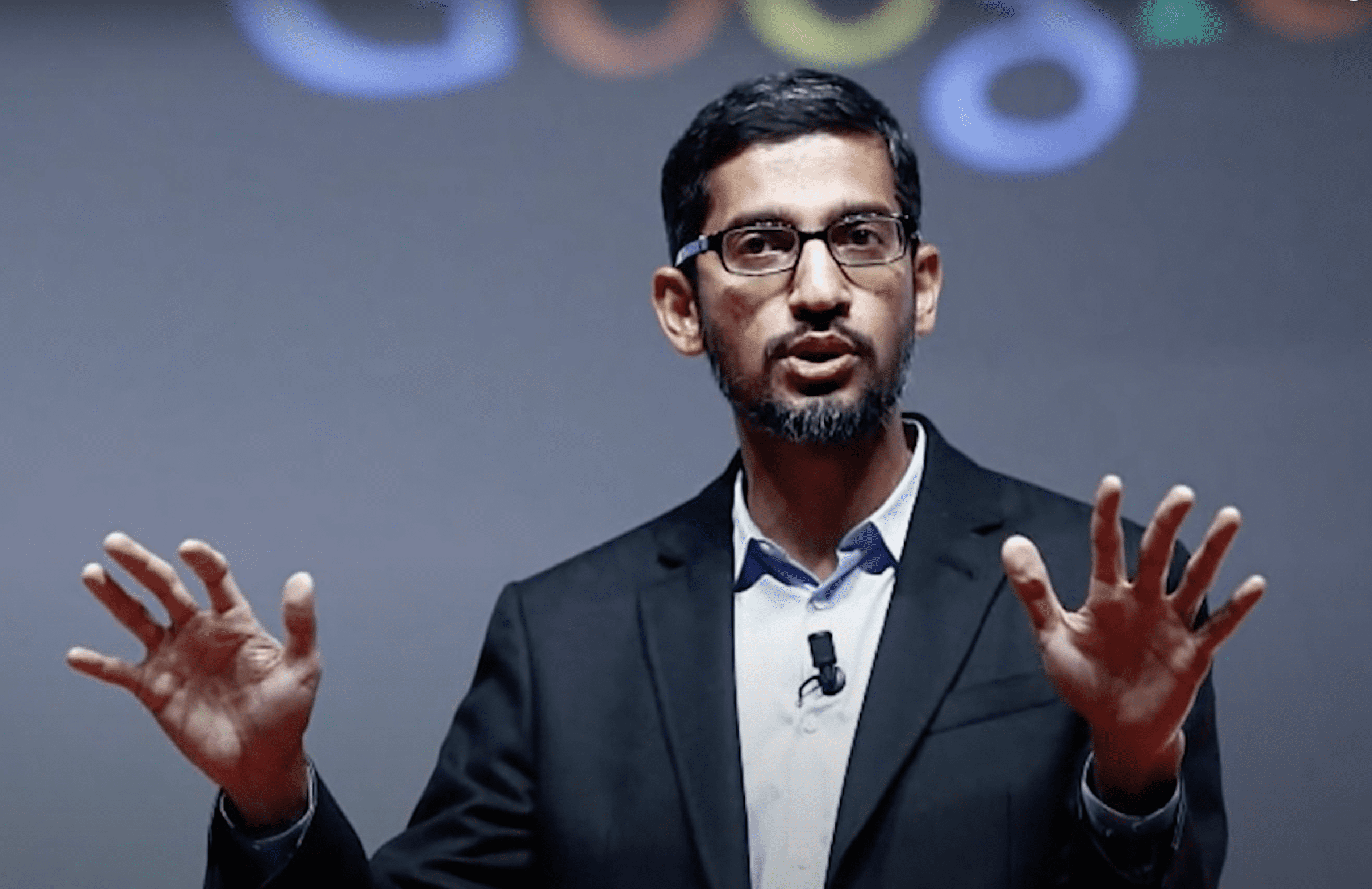A year ago, Google was feeling the pain of an economic downturn caused by the pandemic. My what a difference a year makes. On October 26, Google’s parent Alphabet reported that Google had beat earnings expectations across the board for the third quarter. Why is Google growing so well?
The News
Here are the financial highlights from Alphabet’s earnings announcement:
- Google’s advertising revenue rose 43 percent to $53.13 billion, up from $37.1 billion the same time last year and slightly higher than the prior quarter. YouTube ads rose to $7.21 billion, up from $5.04 billion a year ago.
- Retail was the largest contributor to year-over-year ad growth. Media and finance spending was also big.
Google, like its Big Tech rivals Amazon and Facebook, is benefitting from the surge in e-commerce that happened during the pandemic. With more consumers spending online, more businesses advertised online. The increase more than offset the slowdown Google suffered in 2020 when its travel and leisure clients scaled back advertising amid widespread travel restrictions. As we look closer at Google’s growth, we see two take-aways:
Privacy Is Google’s Ace in the Hole
Apple has enacted privacy controls that give users the choice of opting out of being tracked by apps on Apple iOS. As a result:
- Google rival Facebook has experienced a slowdown in revenue in its most recent quarter as Facebook users opt out of having their behavior tracked, which hurts Facebook’s ability to serve up targeted ads for its customers.
- Google has benefited from advertisers switching their business from Apple iOS to the Google Android operating system.
Brian Wieser, GroupM’s global president of business intelligence, told The Wall Street Journal, “In the land of the blind, the one-eyed man is king. Whatever data they have [at Google] is better than what most others have.”
And Google’s data is going to look even better once Google successfully phases out third-party cookies on Chrome, which is the most popular browser in the world. Subject to regulatory oversight, Google will phase out cookies in 2023. This means that advertisers will no longer be able to rely on third-party cookies to track user behavior across the web in order to serve up personalized ads. Google will work with advertisers to create alternatives to third-party cookies through its Privacy Sandbox project.
Meanwhile, Google’s own powerful ad platforms, such as YouTube and Google Search, will be exempted from Google’s phasing out of cookies. That’s because those platforms use first-party data, or data collected from user behavior on those sites. They don’t rely on third-party cookies. When the dust settles, Google will emerge even stronger.
Google Is Making a Play for e-Commerce
We reported on our blog that Google is making some changes that will strengthen Google’s position as a challenger to Amazon’s e-commerce business. For instance, Google will make online searching and shopping more visually appealing by emulating the product display features you see on Amazon. For certain items such as apparel, Google will return search results with a page that resembles a visual store, not a list of links and text descriptions. Google will also soon introduce a new way to search visually, with the ability to ask questions about what you see. These changes will build on some moves Google has enacted already to become more influential in e-commerce. As The Wall Street Journal reported:
Much of the company’s growth has come from e-commerce advertisers eager to reach customers whose product searches begin online, as noted earlier. The company joined with Shopify Inc. this year to simplify search listings and ad purchases for 1.7 million merchants. The effort, which aimed to enliven its e-commerce segment, has helped turn retail ads into Google’s largest growth contributor.
Most product searches begin on Amazon, a scenario that is not likely to change soon. But Google still commands a large share of product-related searches. The explosive growth of e-ecommerce during the pandemic has suited the company well – and will continue to do so.
It’s clear that Google’s position among the Big Three online platforms (along with Amazon and Facebook) is as strong as ever. And Google is taking steps to write its own future through stronger consumer privacy measures.
As for what’s next? Look for Google to make more investments in artificial intelligence to fuel the development of more ad products. This commitment reflects a broader push into AI for Alphabet. As Alphabet CEO Sundar Pichai said in a call with investors, “In 2016, I laid out our vision to become an AI-first company. Five years later, this quarter’s results show how our investments in AI are building more helpful products for people and for our partners in local communities.”
Contact True Interactive
To succeed with online advertising, contact True Interactive. Read about some of our client work here.
